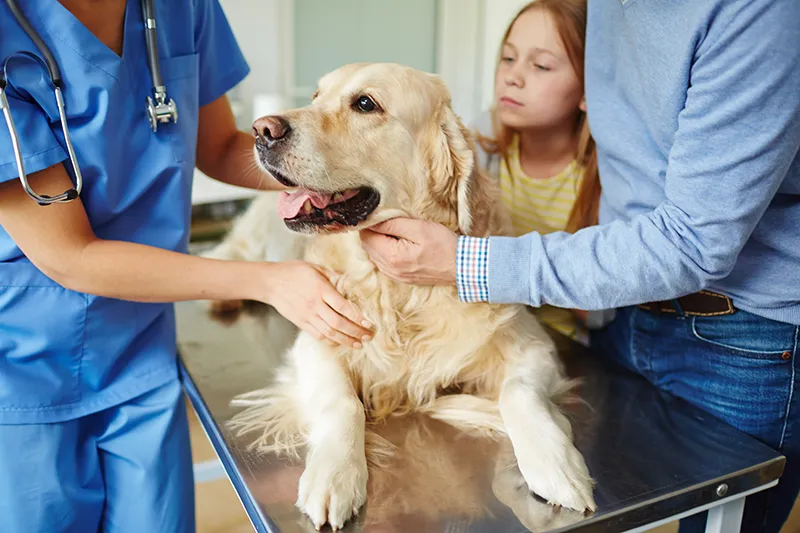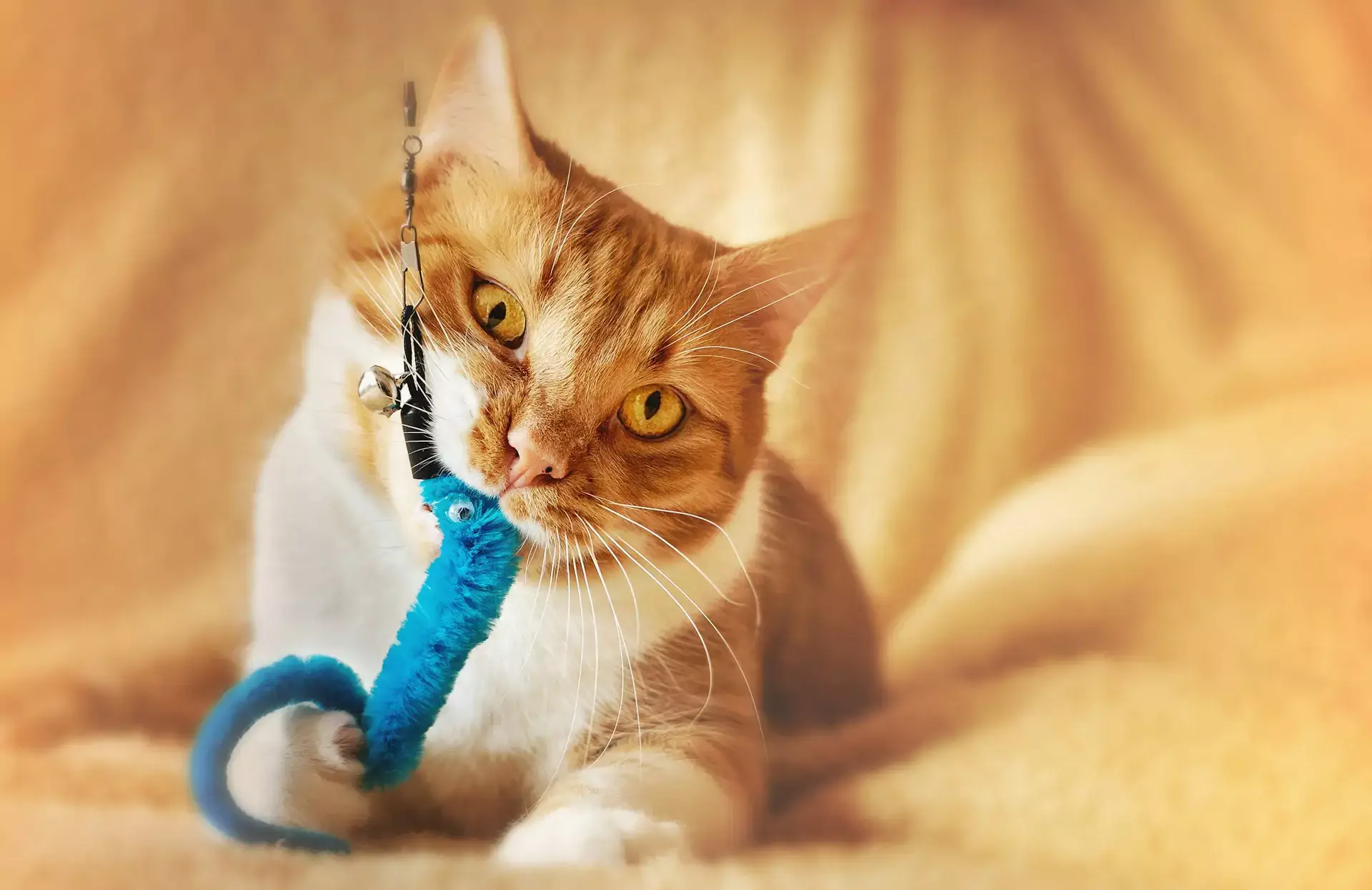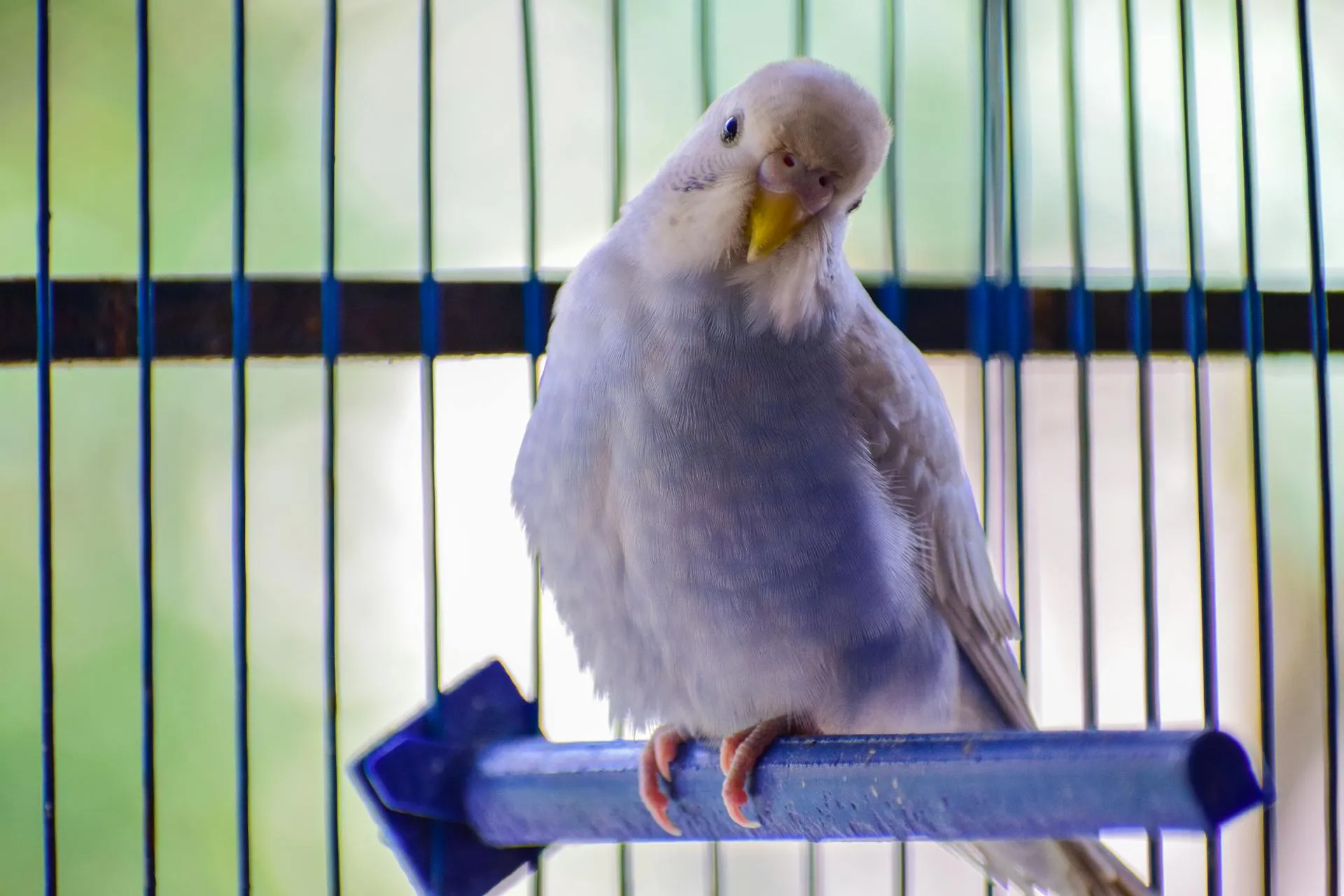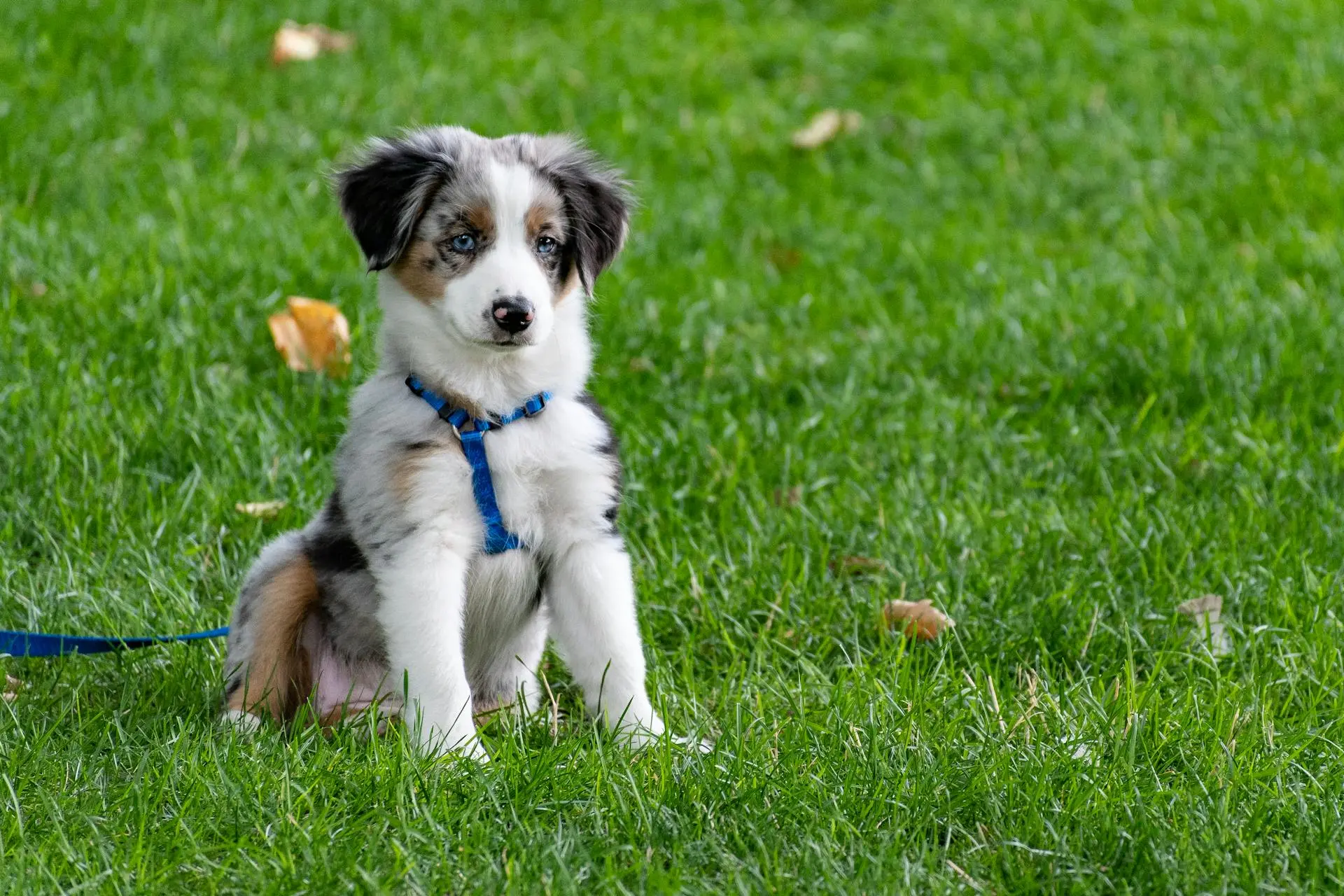Pet birds are wonderful companions that can bring joy and companionship to your home. However, aggression in pet birds can pose challenges for both owners and their feathered friends. Whether your bird is biting, lunging, or displaying territorial behavior, it can create stress in the household. At Galena Animal Medical Clinic in Middletown, DE, we understand how frustrating this can be and are here to provide you with effective strategies for managing aggressive bird behavior. With patience and proper training, you can help your pet bird develop more appropriate behaviors, allowing for a more harmonious home.
Bird aggression can result from several causes, such as fear, territoriality, hormonal changes, or even stress. Identifying the root cause of aggression is key to implementing the right training techniques. In this blog, we’ll discuss the common reasons for bird aggression and provide tips on how to train your bird to manage its behavior.
Why Do Birds Become Aggressive?
Understanding the reasons behind your bird’s aggression is essential to effectively manage the behavior. Here are some of the most common causes of aggression in pet birds:
1. Fear and Anxiety
Just like humans, birds experience fear and anxiety, especially in new or stressful situations. Aggression can occur when a bird feels threatened by unfamiliar people, pets, or even changes in its environment. Birds are prey animals by nature, so their instinct is to protect themselves when they feel unsafe.
How to Address Fear-Induced Aggression:
- Create a Safe Space: Make sure your bird has a safe, quiet space where they can retreat to if they feel scared or stressed.
- Gradual Socialization: Slowly introduce your bird to new people or environments in a calm, non-threatening way. Avoid overwhelming them all at once.
2. Hormonal Behavior
Hormonal changes, especially during breeding seasons, can lead to increased aggression in both male and female birds. This type of aggression is often seen in birds that are not spayed or neutered.
How to Manage Hormonal Aggression:
- Limit Interaction During Breeding Season: During this time, birds can become more territorial and protective of their space. It’s essential to be mindful of their behavior and limit interaction when necessary.
- Provide Mental Stimulation: Provide plenty of toys and activities to keep your bird distracted and mentally engaged.
3. Territorial Behavior
Birds are naturally territorial creatures, especially when it comes to their cages or perches. If a bird feels that its space is being invaded, it may react aggressively to protect its territory. This is particularly common in larger birds like parrots.
How to Address Territorial Aggression:
- Respect Their Space: Avoid invading your bird’s territory unless it’s necessary for cleaning or care. Let them come out of their cage when they’re comfortable.
- Training Perch and Cage Boundaries: Gradually train your bird to be more comfortable with handling and being in different areas outside its cage.
4. Lack of Socialization or Neglect
Birds that are not socialized properly from a young age or those that have been neglected may develop aggressive tendencies as they become distrustful of humans or other pets.
How to Improve Socialization:
- Positive Reinforcement: Use treats and praise to reward calm behavior during training sessions. This helps your bird associate positive experiences with human interaction.
- Spend Quality Time: Spend time each day talking to, petting, or simply being around your bird to build trust and reduce anxiety.
Training Tips for Reducing Aggression
Once you’ve identified the cause of your bird’s aggression, the next step is to implement consistent training to help reduce these behaviors. Here are some helpful training tips:
1. Use Positive Reinforcement
Positive reinforcement is one of the most effective training methods for birds. This involves rewarding good behavior to reinforce it. For example, reward your bird with treats, praise, or affection when they exhibit calm and non-aggressive behavior.
How to Implement:
- Consistency is Key: Be consistent with your rewards. Whenever your bird behaves calmly or shows positive behavior, immediately reward them to reinforce the action.
- Treats and Praise: Use treats your bird loves, or verbal praise, to encourage the desired behavior.
2. Redirect Aggressive Behavior
If your bird begins to display aggression, such as biting or lunging, redirect their focus. You can do this by providing a toy, offering food, or encouraging them to perform a simple trick or task.
How to Redirect:
- Distraction Techniques: Give your bird something else to focus on, such as a favorite toy, to shift their attention away from their aggression.
- Training Commands: Teach your bird basic commands such as “step up” or “calm down,” which can help redirect their energy and focus during moments of aggression.
3. Avoid Physical Punishment
Physical punishment is never effective when training birds. Not only can it damage the trust you’ve built with your bird, but it can also lead to more fear and aggression. Instead, use positive reinforcement and patience to guide your bird toward better behavior.
Why Avoid Punishment:
- Increases Fear: Punishment can cause your bird to become fearful or stressed, leading to more aggression.
- Damage to Trust: Birds form bonds with their owners based on trust. Physical punishment can break this bond and hinder future training.
4. Provide Mental Stimulation
Boredom and lack of stimulation can lead to aggressive behaviors in birds. Make sure your bird has enough toys, puzzles, and activities to keep them mentally and physically engaged.
Ideas for Stimulation:
- Interactive Toys: Invest in toys that challenge your bird’s intellect and encourage them to problem-solve. The Royal Society For The Prevention Of Cruelty to Animals has some helpful information on bird enrichment here. The website Avian Enrichment is also a great resource for this. Click here to visit, or bookmark for later.
- Out-of-Cage Time: Allow your bird to spend time outside of their cage in a safe, enclosed space to burn off energy.
Click here to see another blog on bird behavior.
Frequently Asked Questions
1. Why is my bird biting me all of a sudden?
Biting can occur due to fear, territorial behavior, or hormonal changes. It’s important to assess the situation and address the underlying cause to reduce the behavior.
2. Can I stop my bird from being aggressive?
Yes! With patience and consistent training, most aggressive bird behaviors can be managed. Working with your bird and using positive reinforcement techniques will help.
3. How long will it take to train my bird to stop being aggressive?
Training times vary depending on the bird’s temperament and the cause of aggression. It may take several weeks of consistent training to see significant changes.
4. Should I consult a vet if my bird’s aggression continues?
If your bird’s aggression doesn’t improve with training, or if it’s causing harm, it’s a good idea to consult with an avian veterinarian to rule out medical issues or receive professional guidance.
Visit Our Middletown, DE Vet Clinic
Aggression in pet birds can be managed with the right approach and consistent training. By understanding the root cause of your bird’s behavior and using positive reinforcement techniques, you can help your bird become more well-behaved and less aggressive. If you need help with bird behavior or training, don’t hesitate to reach out to Galena Animal Medical Clinic in Middletown, DE for expert guidance.
Click here to visit our Service page and find out more about our clinic and the animals we treat. You can also go here to learn more about our Critical Care services, or go here to learn more about our Exotic Pet care offerings.
This blog is meant to be informational only. Always consult with your veterinarian for the right medical advice, diagnosis, or treatment plan for your pet and follow their advice.







!Social Media Icons